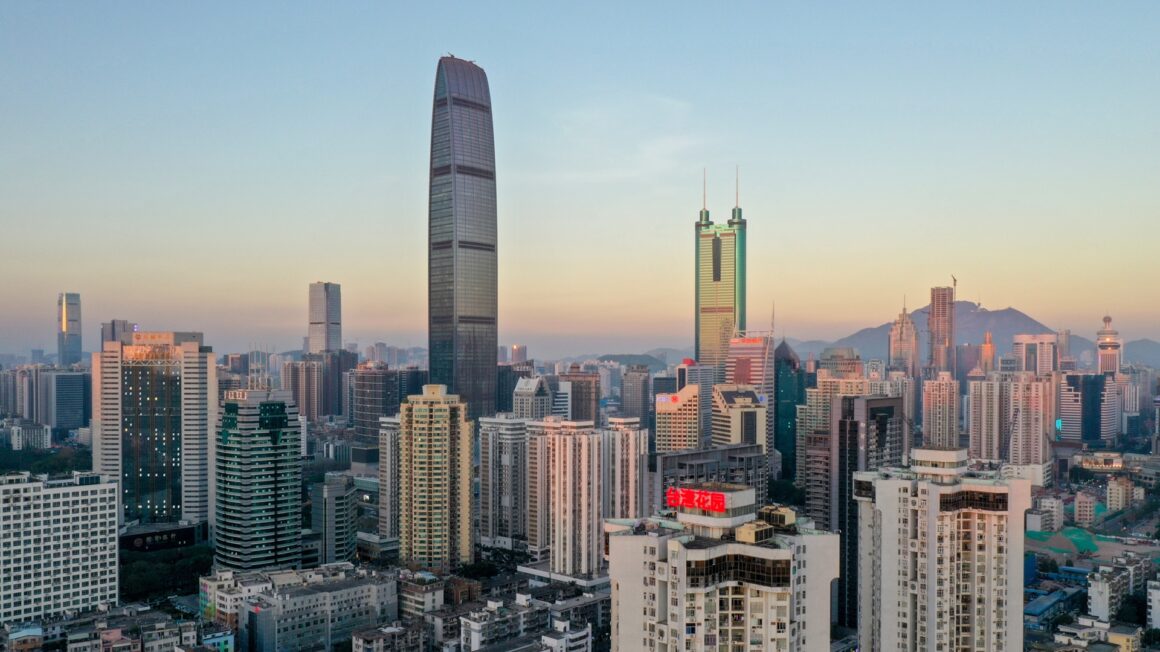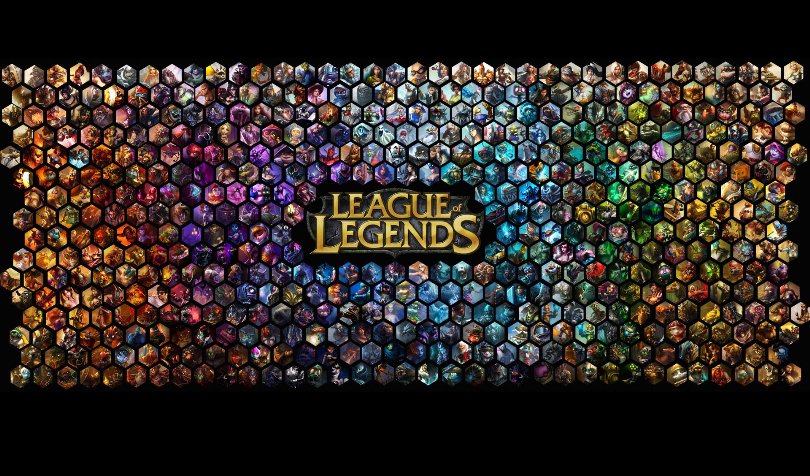A work associate is in China for a while, and he asked if I had time to hop on a live call. He said he would IRL stream so I could see what tech looked like over there. I figured, sure. A twelve-hour time difference, but why not? I expected a cool tour, maybe futuristic-looking buildings. Instead I got a front-row seat to a future I didn’t know we were this far behind on.
He was standing on a street when the stream started. Then he said, “this is my car,” and climbed into the back seat of a taxi, on the back seat passenger side. No driver. He was the only one in the car. The car pulled into traffic, kept pace, obeyed the limits, and carried him across the city while he showed me the sights. He said many of the cars, with the green plates, have self-driving abilities. The majority of the cars had green plates meaning the cars are EVs. Blue plates for gas. Hard to get those now, apparently.
Next day? More streaming. He showed a BYD car and it parked itself. He got out of the car, it knew where to park. Backed into the parking spot by itself. He paid for stuff from the store with his palm. I was shocked at how clean the city looks. Everything felt seamless, integrated, normal. Meanwhile, I’m thinking about how we’re over here arguing about whether contactless payment is suspicious.
Honestly: once you’ve seen it, you can’t unsee it.
What I Saw vs. What I Was Told
I don’t think this tech is everywhere in China yet. They are probably doing a logical rollout, city by city, like here, just faster. Seeing it with my own eyes changed me. We hear so much about China in the U.S., and none of it matched what I saw. I felt like I’d swallowed years of narrative without even realizing it.
They embraced AI. Not just in tech labs. In public life. They built educational programs to retrain citizens because they understood job displacement was coming. Meanwhile, here? We rolled out AI and told everyone, “adapt or get left behind.” Sink or swim. Good luck out there.
There are cameras everywhere in Shenzhen. They trade privacy for security. We trade security for privacy. I’m not saying one system is perfect, neither is. You know what I did not see? Police or homeless people. Seeing a working alternative does something to you. Suddenly the “we’re the most advanced” messaging feels… tired.
I didn’t feel like I was watching propaganda. I felt like I was watching the reality we never got told. That’s when it hit me:
If I’ve been wrong about this, what else am I operating on outdated assumptions about?
The Wealth Question I Didn’t Expect to Ask
The shock wasn’t just the technology. It was safety.
Comfort. Order. A sense that everyday life works because systems were designed to make it work. And… when you see that, you start thinking about your own environment. The way we live here, constantly calculating risk:
Can I afford this medical emergency?
Will housing ever stabilize?
What if ICE decides to “check” me one day?
Why does safety in America feel like something you have to buy?
I realized something uncomfortable: In the U.S., wealth isn’t luxury anymore. It’s a survival tool. Healthcare. Housing. Legal protection. Privacy. Mobility. You don’t pursue wealth here because you want to be flashy. You pursue wealth because otherwise you are one unlucky event away from chaos.
Seeing Shenzhen didn’t make me want to “move to China.” It made me question why stability has become a luxury where I live.
The Truth Isn’t About Sides
I’m not switching propaganda. I’m not waving any flags. I’m waking up to reality: the world is bigger than the story I was raised inside.
China isn’t perfect. America isn’t perfect. No place is.
I watched a city operate at a speed and clarity we pretend we have. I watched a government plan for a technological shift instead of shrugging at it. I watched ordinary people benefit from infrastructure instead of being told “bootstrap harder.”
Now I’m here, asking serious questions:
What kind of society makes you chase wealth just to feel safe? What kind of future do I want to participate in? How do I build a life based on truth, not assumed truth?
Those aren’t political questions. They’re human ones.
Seeing Shenzhen didn’t make me abandon where I live. It made me demand better from my environment, from my expectations, from myself. It reminded me that possibility exists outside the narrative.
Once you’ve seen that, you can’t unsee it.
The real conversation isn’t “China vs. U.S.” It’s: What does dignity look like in the twenty-first century? Where do we build lives that honor it?
That’s not disloyal. That’s reality. That’s growth.
It’s overdue.






